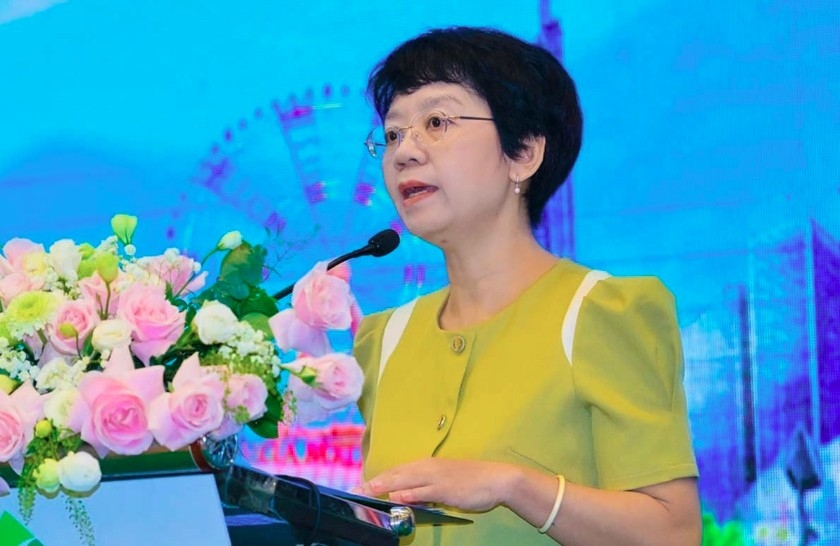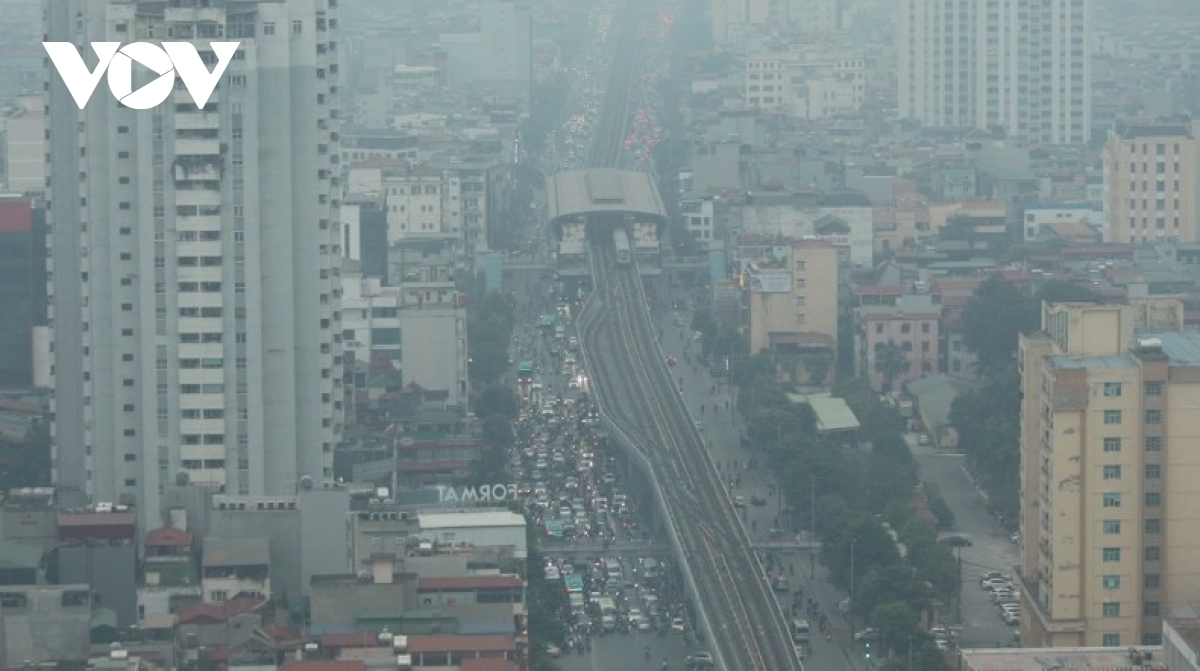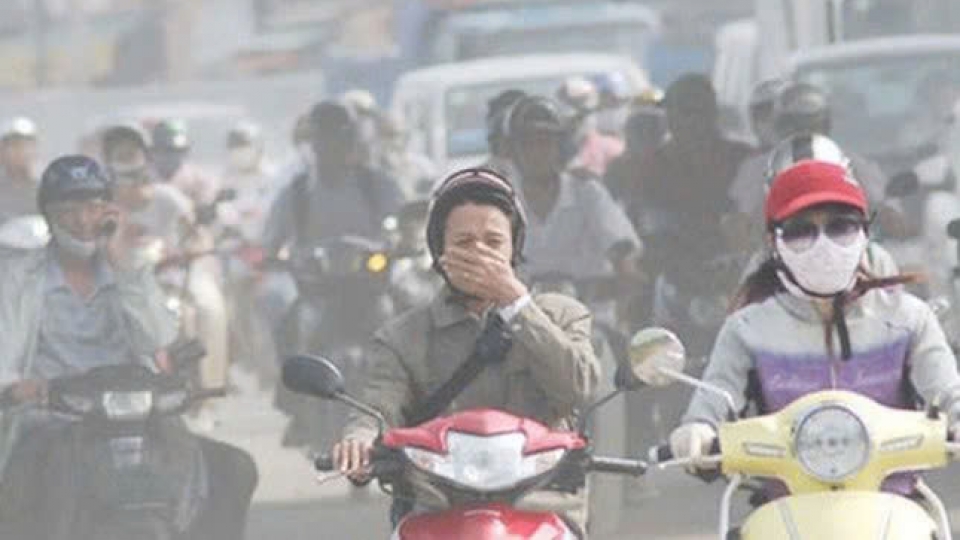Air pollution control requires society-wide efforts and digital solutions
VOV.VN - Nguyen Thien Phuong, Deputy Director of the Department of Environment under the Ministry of Agriculture and Environment, has emphasized that tackling air pollution cannot rely on isolated measures but requires society-wide participation, long-term efforts, and substantial resources.
The Ministry of Agriculture and Environment is taking urgent measures to reduce pollution, particularly during the “pollution season” at the end of the year in northern Vietnam.
Deputy Director of the Department of Environment Nguyen Thien Phuong said, “Air pollution in major urban areas has become increasingly complex due to rapid industrialization, urbanization, and unfavorable weather conditions. The Ministry is completing policies and regulatory frameworks, notably the National Action Plan on Air Pollution Mitigation and Air Quality Management for 2025-2030, with a vision to 2045, while finalizing vehicle emission standards in Hanoi and Ho Chi Minh City.”
Immediate measures include enhancing monitoring capacity through sensors, publishing air quality data to inform the public, deploying drones to detect emission sources, and intensify inspections and enforcement in coordination with ministries, agencies, and local authorities.

She stressed that effective control of air pollution requires close coordination across government levels, diversified funding, and active engagement from businesses and young people in applying technology, boosting green economic development, and promoting sustainable lifestyles.
Highlighting technological solutions, Dr. Hoang Duong Tung, Chairman of the Vietnam Clean Air Network, noted that digital tools are essential for monitoring and controlling individual emission sources.
In transportation, electrifying vehicles, establishing charging and battery swap stations, using onboard diagnostic systems, license plate recognition cameras, and GPS can directly reduce exhaust emissions. In industry, digital environmental records for each company enable accurate emissions tracking and facilitate the adoption of clean fuels and advanced treatment technologies.
“Applying digital technology, automated monitoring stations, air quality forecasting, AI-based early warning models, and GIS tools helps identify and control polluting facilities, thus providing accurate, timely data to both management agencies and people, and enabling prompt interventions,” Dr. Tung affirmed.




